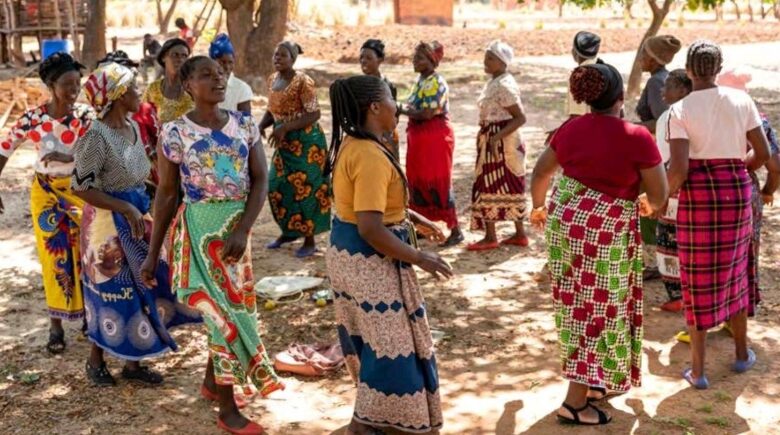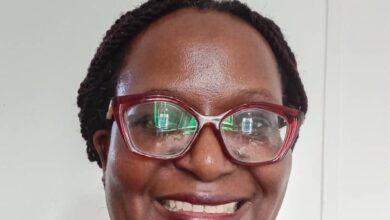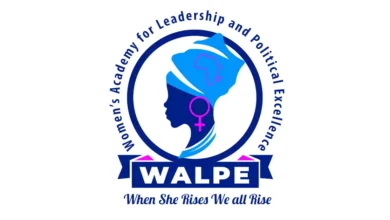Global aid cuts threaten women led and women rights orgs worldwide, UN report warns

Sandra Phiri
A recently published UN Women report has revealed that women-led and women’s rights organizations are facing an existential threat due to cuts in foreign aid. The report, “At a Breaking Point,” warns of a looming collapse in essential services for women and girls, potentially reversing decades of progress on gender equality and humanitarian response.
According to the report, only 7% of the $44.79 billion required to meet global humanitarian needs in 2025 has been secured, forcing major international actors to scale back operations. This shortfall has disproportionately affected grassroots women’s organizations, particularly in countries wracked by conflict, displacement, and climate disasters.
Out of 411 women-led and women’s rights organizations surveyed across 44 humanitarian settings, 90% reported financial impacts from the aid cuts. Alarmingly, 47% said they may shut down within six months if the current funding situation persists. Seventy-two percent have already laid off staff, with 18% having terminated more than 60% of their workforce.
“Smaller WLOs may be at risk of closing down and need immediate financial injections,” a local organization in Palestine stated.
These organizations are not just symbolic actors—they are often the only providers of lifesaving services such as shelters, gender-based violence (GBV) response, and reproductive health care.
The survey found that:
• 67% have had to reduce or halt GBV-related services.
• 62% have scaled back protection efforts.
• 58% cut back on livelihoods and cash assistance.
• 52% have curtailed health services.
A Ukrainian women’s organization lamented, “Many of our beneficiaries—women who have survived violence, HIV-positive women, former prisoners, sex workers—urgently need support…but due to funding cuts, we can only offer phone consultations.”
The report links funding cuts to a rise in GBV and harmful coping strategies such as early marriage and transactional sex. “The foreign assistance reductions have increased gender-based violence, especially physical abuse because a lot of men lost their jobs,” reported a Nigerian organization.
Marginalized groups, including Indigenous women and those with disabilities, are bearing the brunt. “Women with disabilities led organizations suffer most because they didn’t have much funding initially and with new bans, their situation has become so much worse,” noted a Cameroonian group.
Despite these dire circumstances, many organizations remain resilient. Over 70% are seeking new or additional funding sources, engaging in advocacy, and rethinking their operational models to survive.”We urge international donors and humanitarian actors to prioritize funding for women-led organizations,” a Somali organization emphasized. “Sustainable, flexible, and long-term funding mechanisms are critical to ensuring that grassroots organizations can continue to address gender-specific needs effectively.”
UN Women is calling on the international community to take urgent action, including:
• Prioritizing direct, flexible funding to women’s organizations.
• Protecting gender equality funding in humanitarian budgets.
• Including women’s groups in decision-making on aid allocations.
“Without the presence of women-led and women’s rights organizations, the progress made in gender equality risks regressing,” warned a national organization in Cameroon.
The report concludes that foreign aid reductions are not merely a financial issue—they represent a crisis of rights and accountability. Without immediate intervention, millions of women and girls risk being pushed further into violence, poverty, and exclusion.
For many on the ground, the message is clear: “Women-led NGOs shall not depend on government-supported programs which are politically driven… A sustainability strategic plan is urgently required,” said a local women’s organization in Yemen.
As the world faces compounding crises from war to climate shocks, the role of women-led organizations in humanitarian action is more vital than ever. Their survival depends not only on solidarity but on sustained, committed investment from the global community.





